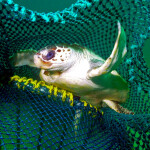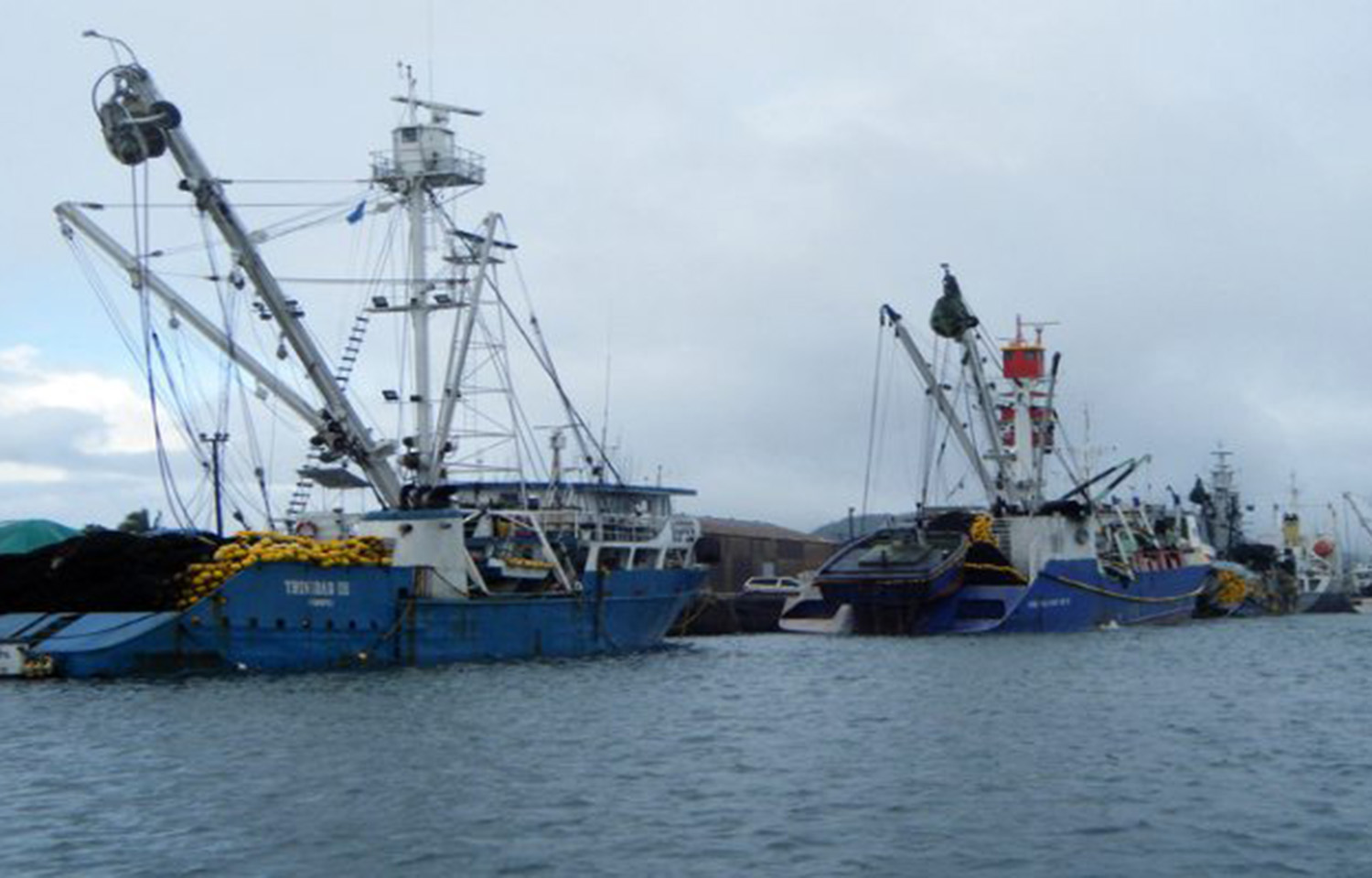Ahead of the Inter-American Tropical Tuna Commission’s (IATTC) annual meeting – which runs from 2 to 6 September in Panama City, Panama – NGOs are pushing for the regional fishing management organization (RFMO) to enhance its compliance policies and improve its vessel-monitoring practices.
The IATTC covers tuna fisheries in the Eastern Pacific Ocean, with participation from a number of different countries including the U.S., France, Mexico, Panama, Peru, and China. NGO groups have in the past successfully advocated for policy changes at the RFMO, including last year when the IATTC adopted a full harvest strategy for North Pacific albacore tuna.
This year, the International Seafood Sustainability Foundation (ISSF) and The Pew Charitable Trusts are both pushing for the IATTC to shore up its compliance regime to ensure measures like the previously adopted harvest control rules have weight.
“Compliance processes are an integral part of an RFMO. They’re important for the RFMO to ensure that it’s meeting its objectives and performing effectively,” ISSF Vice President of Policy and Research Holly Koehler told SeafoodSource.
The ISSF’s position statement outlines some of the steps that the NGO wants the IATTC to take, such as establishing a working plan with timelines on further strengthening the committee’s procedures and outcomes, including developing a scheme of responses to improve compliance while also developing and adopting a hierarchy of infractions.
Koehler said some of the suggestions being offered by the ISSF are based on work the organization has done to explore how RFMOs can enhance compliance processes – including work it jointly ran with The Pew Charitable Trusts.
“Four years ago, we jointly hosted a number of workshops to explore the compliance process in RFMOs,” Koehler said. The workshops considered what challenges the RFMOs face and how those challenges could be opportunities for improvement.
Koehler said some of those recommendations are related to what RFMOs regularly have trouble with, which includes the volume of information collected and could be part of the evaluation framework of a compliance process – which includes by collecting data, assessing that data, and using it to look for instances of noncompliance with the RFMO’s rules.
According to Koehler, where RFMOs struggle is at either end of the process: collecting adequate data and then using it to address noncompliance – an area of focus that both ISSF and The Pew Charitable Trust have taken up to assist in creating methods of applying the data to actionable measures.
“When you have all that information coming in, how do you develop an assessment process to ensure that you focus on the highest level priorities or potential areas of noncompliance?” Koehler said. “It is leading to different interpretations of a measure.”
Ensuring strong compliance measures is key to the core functionality of an RFMO because without giving ways for member states to understand how to comply – or identifying what compliance means – the work doesn’t have the same impact.
“Compliance really is one of the most fundamental aspects of an RFMO because they spend a lot of time adopting these measures, but the other side of that coin is ensuring those measures are being implemented effectively and fairly across all the membership,” Koehler said.
Making sure measures are followed is also important outside the RFMO, as it ensures ...








